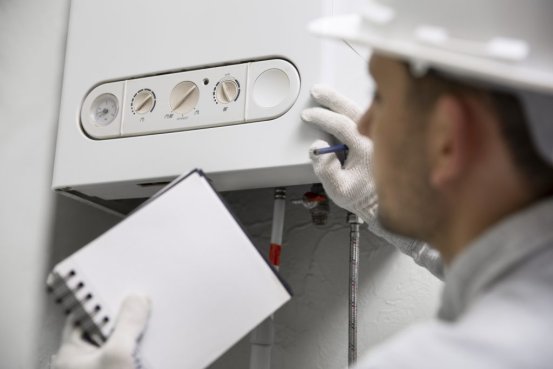

Boiler replacement grants offer essential financial aid to UK homeowners and small businesses, reducing the cost of switching to energy-efficient systems. Through programs like the Boiler Upgrade Scheme, applicants can access generous funding to install low-carbon heating solutions. By understanding eligibility rules, application steps, and additional assistance options, property owners can uncover significant opportunities to save energy and support sustainability goals.
Boiler replacement grants offer essential financial aid to UK homeowners and small businesses, reducing the cost of switching to energy-efficient systems. Through programs like the Boiler Upgrade Scheme, applicants can access generous funding to install low-carbon heating solutions. By understanding eligibility rules, application steps, and additional assistance options, property owners can uncover significant opportunities to save energy and support sustainability goals.

For many households and small businesses, replacing an outdated boiler can be a costly investment. Fortunately, several government-backed initiatives are in place to ease this financial pressure while promoting energy efficiency. One of the most prominent is the Boiler Upgrade Scheme (BUS), available in England and Wales, which supports the installation of renewable heating alternatives such as heat pumps and biomass boilers. Running until 2028, the scheme provides grants of up to £7,500 for heat pumps and £5,000 for biomass boilers, according to current government estimates.
Eligibility requirements vary depending on the scheme. Under the Energy Company Obligation (ECO) program, support is directed at low-income households or those receiving certain benefits. The purpose is to combat fuel poverty while cutting carbon emissions by replacing inefficient boilers and funding other energy-saving improvements like insulation. Generally, applicants need to own a property connected to the mains gas supply and have a boiler that is at least eight years old, as highlighted by Vaillant’s guidance.
The BUS focuses on encouraging homeowners and small businesses in England and Wales to switch to renewable heating systems. To qualify, properties must hold a valid Energy Performance Certificate and install a new low-carbon heating system, such as an air source or ground source heat pump, after April 1, 2022. Applications are open to private landlords, small business operators, and homeowners. However, social housing tenants and some properties already supported by other heating schemes are not eligible.
Applying for a boiler grant involves a few structured steps. Applicants begin by submitting an online application and obtaining quotes from certified installers. Once a homeowner accepts a quote from an installer approved by the Microgeneration Certification Scheme (MCS), installation can go ahead. Timelines vary—air source heat pumps and biomass boilers typically must be installed within three months, while ground source systems may take up to six months after approval. This ensures grant funds are used effectively and installations meet regulatory standards, according to E.ON Next guidance.
Beyond the BUS, several other initiatives offer assistance. The Affordable Warmth Obligation within the ECO scheme provides free boiler replacements for qualifying low-income households. In Scotland, the Home Energy Scotland Grant and Loan scheme offers a mix of grants and interest-free loans to support home energy upgrades, with special provisions for rural and island communities. Collectively, these programs aim to reduce reliance on fossil fuels and accelerate adoption of renewable heating solutions, as outlined by Eco Energy Services.
Taking advantage of boiler replacement grants provides more than just financial savings. These schemes help households reduce their environmental impact, improve energy efficiency, and lower heating bills. Upgrading to a modern, efficient system not only enhances home comfort but also contributes to the UK’s broader carbon reduction targets. By understanding the criteria and application process, property owners can access meaningful support while taking proactive steps toward greener living.